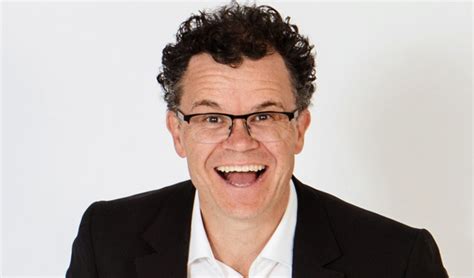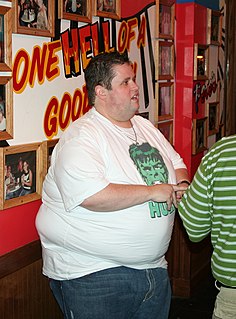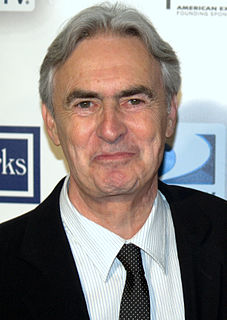A Quote by Dominic Holland
There is nothing quite as loud as the silence of an audience when a comedian is on stage.
Related Quotes
When you see a comedian on stage, the best comedians make it feel like a conversation. But it's not. We have very little interest in what an audience has to say during a performance. Being a stand-up comedian, you're an egomaniac to some degree. Everyone wants to hear what you have to say, apparently. That's not how real relationships work.
I love readings and my readers, but the din of voices of the audience gives me stage fright, and the din of voices inside whisper that I am a fraud, and that the jig is up. Surely someone will rise up from the audience and say out loud that not only am I not funny and helpful, but I'm annoying, and a phony.
Normally classical music is set up so you have professionals on a stage and a bunch of audience - it's us versus them. You spend your entire time as an audience member looking at the back of the conductor so you're already aware of a certain kind of hierarchy when you are there: there are people who can do it, who are on stage, and you aren't on stage so you can't do it. There's also a conductor who is telling the people who are onstage exactly what to do and when to do it and so you know that person is more important than the people on stage.
You see, what is my purpose of performance artist is to stage certain difficulties and stage the fear the primordial fear of pain, of dying, all of which we have in our lives, and then stage them in front of audience and go through them and tell the audience, 'I'm your mirror; if I can do this in my life, you can do it in yours.'
You see, what is my purpose of performance artist is to stage certain difficulties and stage the fear the primordial fear of pain, of dying, all of which we have in our lives, and then stage them in front of audience and go through them and tell the audience, I'm your mirror; if I can do this in my life, you can do it in yours.
































